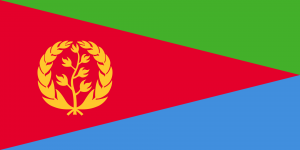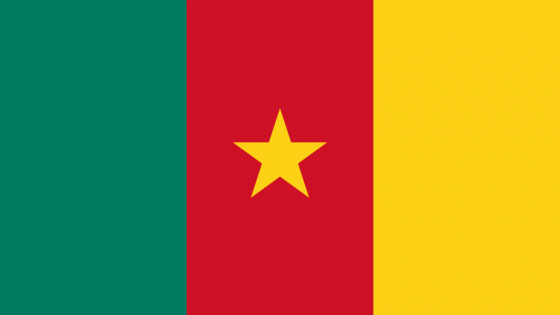
Cameroon, located in Central Africa, is often referred to as “Africa in miniature” due to its diverse geography, cultures, and ecosystems. From its mountainous regions to its tropical rainforests and savannas, Cameroon offers a unique experience for travelers. Below are key facts that highlight the country’s unique attributes and attractions:
Cameroon is an enchanting destination with an unmatched variety of landscapes, cultures, and history. Whether you’re exploring the vast rainforests of the Dja Faunal Reserve, hiking the heights of Mount Cameroon, experiencing the vibrant rhythms of Cameroonian music, or enjoying the culinary delights of local dishes, Cameroon offers an unforgettable experience for every traveler. Start planning your journey today and discover the many wonders that this beautiful country has to offer!

